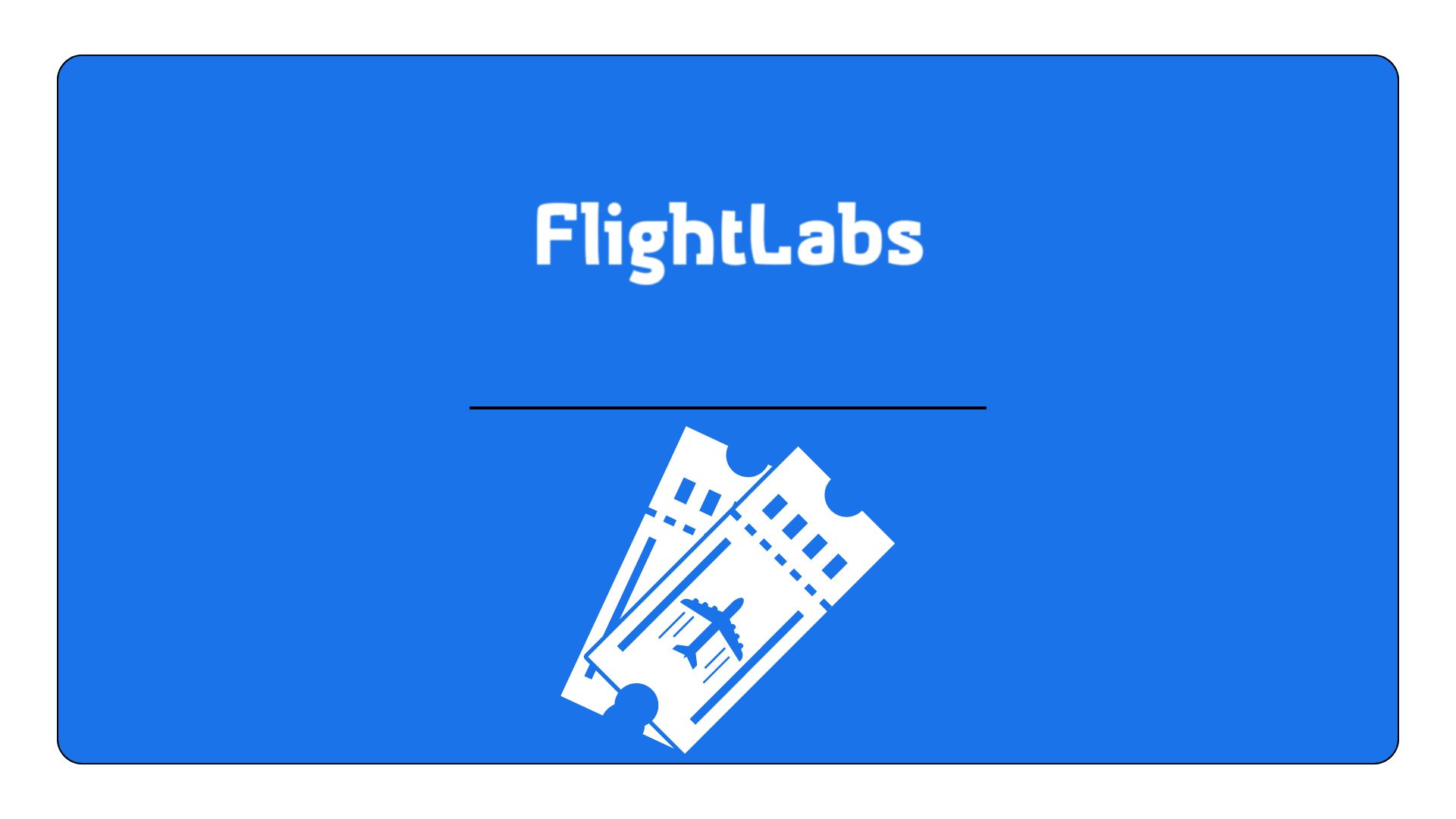Airlines API For Real Time Data Access

Among the top providers in this space, this API stands out for its robust, reliable, and easy-to-integrate Airlines API solutions. Whether it's a flight delay, a cancellation, or a real-time update on an aircraft's location, FlightLabs provides unparalleled access to aviation data, allowing stakeholders to make informed decisions in real-time. In this blog post, we will explore what these APIs are, how FlightLabs provides a comprehensive solution, and why integrating these technologies is essential for the future of aviation.
What is an Airlines API?
In the fast-paced world of modern aviation, data is the fuel that drives efficiency, enhances customer experience, and ensures seamless operations. With millions of passengers flying across thousands of routes every day, the ability to access real-time data has become not just an advantage but a necessity for airlines, travel platforms, and passengers alike. The era of waiting at the airport desk for flight information is long gone, replaced by instantaneous digital updates, driven by the power of an Airlines API.
At its core, an Airlines API like FlightLabs is a set of protocols and tools that allow developers to integrate aviation data into their platforms, apps, or services. Think of it as a digital gateway that connects various systems to real-time flight information, enabling applications to retrieve, display, and update flight statuses, schedules, and routes without manual intervention.
These APIs serve as a bridge between complex databases that store flight information and the digital platforms that need to access this data. This API-driven approach ensures that users—whether they are passengers checking their flight status or airlines coordinating multiple operations—receive timely and accurate information. APIs also enhance efficiency by allowing various systems to "talk" to each other and exchange data seamlessly.
Key Features
- Real-time Flight Status Tracking: One of the most valuable features of an Airlines API is the ability to track flights in real-time. Users can access up-to-the-minute information on flight statuses, including delays, cancellations, and estimated arrival times. This enables passengers to stay informed and airlines to optimize resource allocation efficiently.
- Access to Historical Data and Future Flight Schedules: Airlines APIs also provide access to historical flight data and future schedules. This feature is particularly useful for travel agencies, airports, and airlines for planning, analytics, and providing passengers with the information they need to book future flights or inquire about past travel experiences.
- Integration of Airline Routes and Destinations: Airlines APIs offer comprehensive details about airline routes and destinations, allowing travel platforms to display route maps, help passengers find the most efficient flight paths, and assist with itinerary planning.
- Connecting with Booking Systems and Airline-Specific Databases: Another essential feature is the ability to connect with airline reservation systems, which facilitates smooth flight bookings, ticket cancellations, and the management of frequent flier programs.
Enhanced Operational Efficiency
One of the most significant advantages of using the FlightLabs Airlines API is the boost it gives to operational efficiency. Airlines can automate the retrieval of flight data, eliminating the need for manual data entry and reducing the margin for error. This automation also helps airlines and travel platforms make better decisions, whether it's rescheduling flights, reallocating resources, or managing delays.
By optimizing flight operations, it ensures that airlines can run smoother, more efficient services. Additionally, by using real-time data, airlines can anticipate problems before they arise, allowing for proactive solutions rather than reactive fixes.

